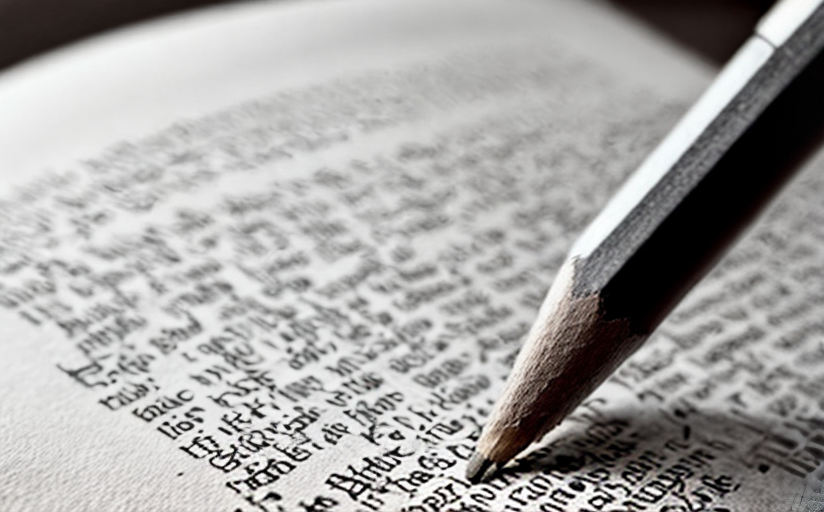Censorship and Literature: A Profound Relationship
Throughout the course of human history, literature has functioned not only as an artistic expression of thought and emotion, but also as a societal mirror, reflecting the significant aspects of period and culture. However, this candid reflection has often been distorted by varying degrees and forms of censorship. This article seeks to examine the impact of censorship on literature's evolution and its implications for authors, critics, and readersade.
Censorship and Creativity: A Complex Dynamic
Censorship, by its very nature, stifles open expression, often leading to a suppression of deviant ideas. Nevertheless, it has occasionally had the unintended effect of stimulating creativity, as authors find nuanced ways to voice their narratives. A prime example is the Soviet-era masterpiece 'One Day in the Life of Ivan Denisovich' by Aleksandr Solzhenitsyn. By presenting a stark reality of the Gulag life, it subtly criticized the Soviet regime despite having to operate within stringent censorship rules.
Multifaceted Censorship: Political, Moral, and Religious
Political censorship often occurs under totalitarian regimes, as seen with George Orwell's '1984'. It criticizes the state-controlled society and was censored in various parts of the world. Moral censorship can be seen in the initial response to D.H. Lawrence’s 'Lady Chatterley's Lover' which was labeled obscene due to its exploration of sexual relationships. Dickens's 'Oliver Twist' faced religious censorship for its portrayal of a Jewish character, Fagin, whose representation was seen as offensive.
Censorship Across Cultures and Periods
Censorship has greatly varied depending on the culture and period. In the Victorian era, any references to sex and sexuality were censored, while in present-day America, instances of racial slurs or perceived objectionable political views are often the subjects of censorship. Countries like China and Iran maintain rigorous censorship laws, affecting their national literature significantly.
The State of Censorship Today
While censorship has somewhat relaxed in many countries today due to progress in personal freedoms, there has been a rise of ‘soft’ censorship through online public outrage, or 'cancel culture’. This has led to self-censorship by authors fearing adverse public response, thereby altering literature dynamics significantly.
Conclusion
The interplay between censorship and literature has shaped and modified the evolution of written works, impacting the message delivered, the creative process, and the interpretive lens of readers and critics alike. It is crucial to continue this discourse, understanding the implications it holds for the future of literature.


















Comments
Leave a Comment